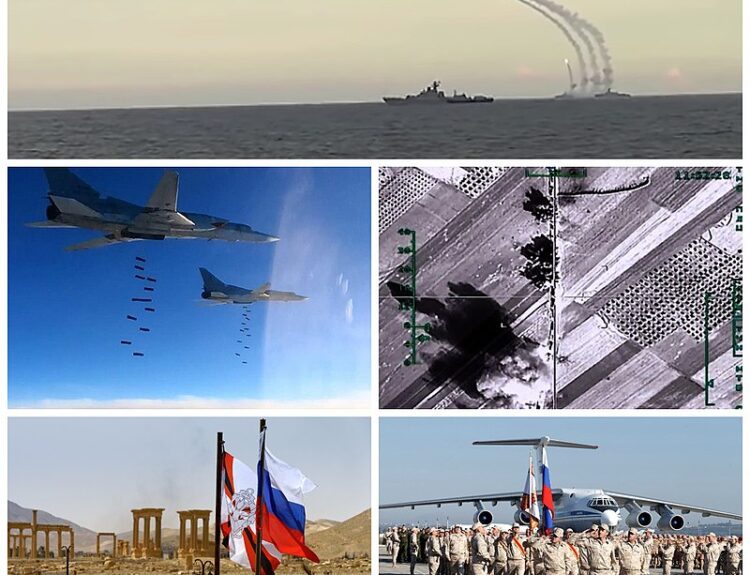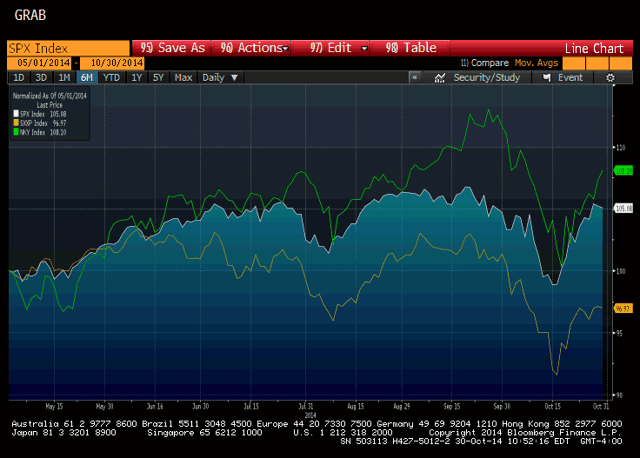U.N. leaders push for peace, but Israel remains unyielding in its military campaign.
- International pressure on Israel is intensifying at the U.N. amid ongoing conflicts in Gaza and Lebanon.
- Israeli Prime Minister Netanyahu remains steadfast in his refusal to end military actions against Hamas.
- The U.S. continues to support Israel, complicating international efforts to impose consequences.
- Critics argue that the U.N. lacks the power to effectively influence Israeli policy.
- The humanitarian crisis in Gaza has revived global sympathy for the Palestinian cause.
As world leaders gather at the United Nations for the General Assembly, calls to end the ongoing conflicts in Gaza and Lebanon are louder than ever. Despite these international efforts, Israeli Prime Minister Benjamin Netanyahu shows no signs of backing down from his military campaign against Hamas, which has resulted in significant civilian casualties since the conflict escalated on October 7. nnThe U.N. has been a focal point for criticism of Israel’s actions, with numerous resolutions and legal cases aimed at addressing the humanitarian crisis in Gaza, where over 40,000 Palestinians have reportedly died. However, these efforts have largely been ineffective, as Israel continues its operations with little change in strategy. nnThe U.S. plays a crucial role in this dynamic, using its veto power to shield Israel from punitive measures at the U.N. Critics of the Biden administration argue that it should leverage its influence to push for a cease-fire and address the humanitarian situation, but political considerations and a desire to maintain alliances in the region complicate this approach. nnNetanyahu is expected to address the General Assembly, likely criticizing the U.N. for its perceived bias against Israel while ignoring the attacks that sparked the current conflict. As discussions unfold, many observers believe that the rhetoric will not translate into meaningful action to halt the violence in the region.·
Factuality Level: 6
Factuality Justification: The article provides a detailed overview of the current situation regarding Israel, Gaza, and the U.N. However, it contains some bias and presents opinions as facts, particularly in its portrayal of the U.N. and the U.S. role in the conflict. While it includes factual information, the framing and some statements may lead to misinterpretation or a lack of objectivity.·
Noise Level: 6
Noise Justification: The article provides a detailed overview of the current geopolitical situation regarding Israel, Gaza, and the U.N., but it lacks a deeper analysis of long-term trends and potential solutions. While it presents various perspectives and critiques of the U.N. and U.S. actions, it does not sufficiently hold powerful entities accountable or explore the consequences of their decisions. The article contains some relevant data and examples but could benefit from more scientific rigor and actionable insights.·
Private Companies: Emirates
Key People: Benjamin Netanyahu (Israeli Prime Minister), Richard Gowan (Expert on the U.N. for the International Crisis Group), Diana Buttu (Palestinian human-rights lawyer), Gregory Gause (Professor of international affairs at Texas A&M University), Michael Koplow (Chief policy officer for the Israel Policy Forum), Danny Danon (Israel’s ambassador to the U.N.), Nasser AlKidwa (Former Palestinian foreign minister)
Financial Relevance: Yes
Financial Markets Impacted: The ongoing conflict and international responses may affect companies involved in defense, humanitarian aid, and Middle Eastern investments.
Financial Rating Justification: The article discusses the geopolitical tensions surrounding Israel and Gaza, which can influence financial markets, particularly in defense sectors and international relations that affect trade and investment.·
Presence Of Extreme Event: Yes
Nature Of Extreme Event: Armed Conflicts and Wars
Impact Rating Of The Extreme Event: Major
Extreme Rating Justification: The article discusses the ongoing war in Gaza, which has resulted in significant casualties, including over 40,000 Palestinians killed, and the potential for a broader conflict involving Hezbollah. The scale of violence and humanitarian crisis indicates a major impact.·
Move Size: No market move size mentioned.
Sector: All
Direction: Down
Magnitude: Large
Affected Instruments: Stocks
 www.wsj.com
www.wsj.com 





